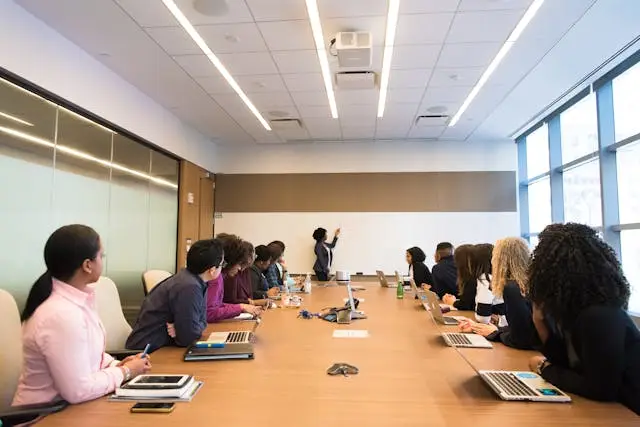Certainly! Here’s a detailed write-up on the topic of elections:
Title: “The Democratic Essence: Understanding Elections and Their Impact on Societies”
Introduction:
Elections serve as the cornerstone of democratic governance, providing citizens with the fundamental right to choose their representatives and shape the course of their nations. With their roots tracing back to ancient civilizations such as Athens, where the concept of direct democracy emerged, elections have evolved into complex mechanisms that reflect the values, aspirations, and complexities of modern societies. This write-up delves into the multifaceted nature of elections, exploring their significance, processes, challenges, and broader implications for society.
Significance of Elections:
At its core, elections embody the principle of popular sovereignty, wherein power resides with the people. By participating in elections, citizens exercise their right to self-determination, influencing the composition of legislative bodies, executive branches, and local governments. Through the electoral process, individuals can hold their leaders accountable, express their preferences on policy matters, and ensure the representation of diverse interests within the political arena. Moreover, elections foster political stability, legitimacy, and peaceful transitions of power, essential ingredients for fostering democratic governance and societal cohesion.
Processes and Types of Elections:
Elections encompass a range of processes, from voter registration and candidate nomination to ballot casting and result tabulation. Depending on the political system and jurisdiction, elections may vary in their complexity, electoral systems, and frequency. Common types of elections include presidential, parliamentary, local, and referendum elections, each serving distinct purposes within the democratic framework. Additionally, electoral systems such as plurality, proportional representation, and mixed-member proportional representation shape the outcomes of elections, influencing the representation of political parties and the allocation of seats in legislative bodies.
Challenges and Issues:
Despite their democratic ideals, elections are often marred by various challenges and issues that undermine their integrity and fairness. Voter suppression, electoral fraud, misinformation campaigns, and inadequate electoral infrastructure pose significant threats to the credibility and legitimacy of elections. Moreover, unequal access to resources, political polarization, and gerrymandering can skew electoral outcomes and disenfranchise certain segments of the population. Addressing these challenges requires robust legal frameworks, electoral reforms, transparency measures, and civic education initiatives aimed at safeguarding the electoral process and enhancing public trust in democratic institutions.
Impact and Implications:
Elections exert profound impacts on societies, shaping political dynamics,



